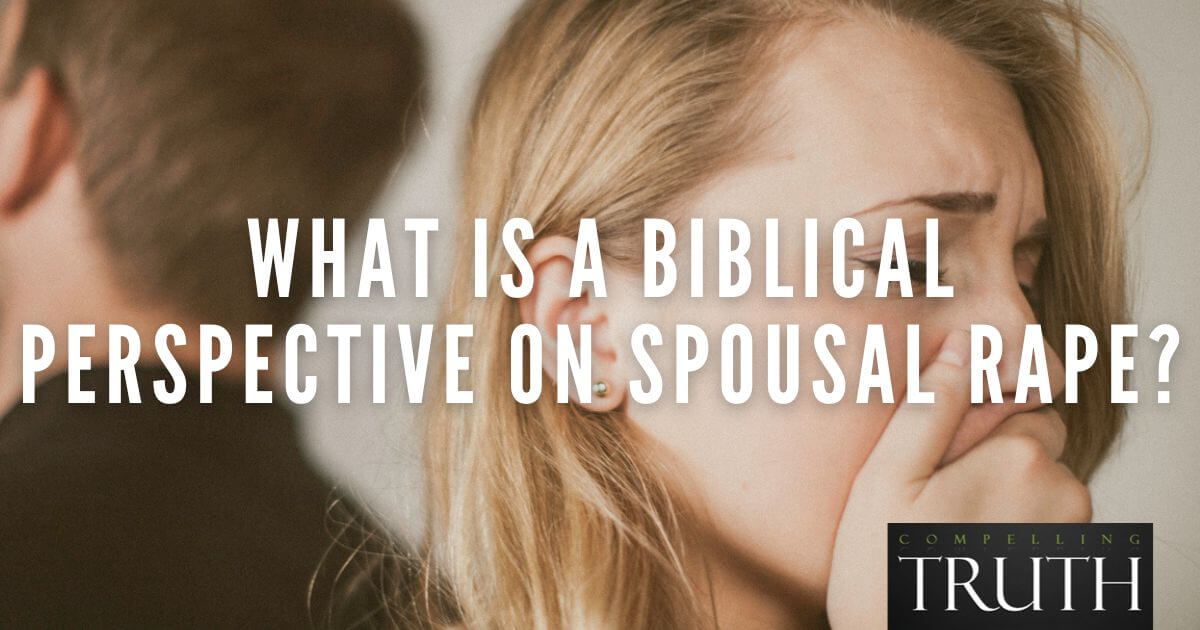The issue of rape in the Bible is a difficult one to interpret because the laws given in the Old Testament existed within the context of that particular culture. Two cultural mores, in particular, must be understood: 1. It was extremely difficult for a non-virgin woman to find a husband; and
2. The status of women was so low, their well-being required a male representative, particularly a son. We also need to differentiate between the prescriptive passages that reflect God's will vs. the descriptive verses that merely describe what people did. Today, while Old Testament laws on rape aren't applicable, biblical standards and the value of human dignity remain relevant, offering hope and healing through Jesus Christ for victims and forgiveness for perpetrators.
The laws against rape in the Old Testament aren't applicable to us today, but biblical standards are. Romans 13 says to obey local laws, many of which forbid rape. Jesus said sex is only to be between a husband and wife, and Paul told husbands to love their wives sacrificially. When Jesus spoke of sexual purity, it was in the context of the heart and mind. A woman who has been raped is described as "violated," but never dirty, unclean, or impure; dishonored by another, but never honor-less as a person. Rape has a great emotional toll, but the Bible never suggests it alters the nature of a person.
It should also be mentioned that rape is often more about violence and control than it is about sex. Certainly the Bible—in both Old and New Testaments—speaks against violent assault. Jesus goes even further and speaks to the heart and mind conditions that lead to such violence, denouncing the progression from anger to insult to contempt in His Sermon on the Mount (Matthew 5:21–26). God values people and imbues them with dignity and worth. When someone rapes another person they insult that person's dignity. It is one of the gravest affronts one person can give to another, but it takes nothing away from the victim's value. It is clear that while rape harms physically, emotionally, and mentally, no one can take away another's worth.
Victims of rape can find hope and healing in the person and work of Jesus Christ. The road may be long and arduous, but He is faithful. Perpetrators of rape can find hope and forgiveness in the person and work of Jesus Christ. In this life we will suffer the consequences of sins committed against us and the consequences of our own sins. But Jesus has paid for every sin and offers forgiveness and healing. One day all who put their faith in Him will be whole in Him (1 Corinthians 6:9–11; 13:12–13; Philippians 1:6).




